Our gut is often referred to as our “second brain” due to its close relationship with our overall health and well-being. While we typically associate the gut with digestion, emerging research suggests that it also plays a significant role in influencing our mood and mental health. In this blog, we will explore the fascinating connection between gut health and mood, and how taking care of our gut can have a positive impact on our emotional well-being.
The gut-brain axis is a vital communication network that influences our mood and mental health
The Gut-Brain Axis
The gut and the brain are connected through a bidirectional communication pathway known as the gut-brain axis. This axis allows for constant communication between the gut and the brain, influencing various bodily functions, including our emotions. The gut-brain axis involves a complex network of nerves, hormones, and chemicals that contribute to our mental health.
The Role of Gut Microbes
The gut is home to trillions of microorganisms, collectively known as the gut microbiota. These microorganisms, mainly bacteria, have a profound impact on our gut health and play a crucial role in regulating our mood. Research has shown that a healthy balance of gut microbes is associated with better mental well-being, while an imbalance or disruption in the gut microbiota can contribute to mood disorders such as anxiety and depression.
Serotonin Production
Serotonin, often referred to as the “feel-good” neurotransmitter, is primarily produced in the gut. It plays a vital role in regulating mood, sleep, and appetite. Interestingly, around 90% of serotonin in our body is produced in the gut, highlighting the significance of gut health in maintaining proper serotonin levels. An imbalance in gut bacteria can lead to reduced serotonin production, potentially contributing to mood disorders.
A healthy gut is crucial for the production of neurotransmitters regulating inflammation, and managing stress
Inflammation and Mood
Inflammation in the body, particularly in the gut, has been linked to mood disorders. Chronic inflammation can disrupt the gut barrier function, allowing harmful substances to enter the bloodstream. This can trigger an immune response and promotes inflammation throughout the body.
Strategies for Improving Gut Health and Mood
–Probiotics and Prebiotics: Consuming probiotic-rich foods or supplements can help restore a healthy balance of gut bacteria. Prebiotics, which are dietary fibers that nourish beneficial gut bacteria, can also be beneficial.
-A Balanced Diet: Eating a diverse and nutritious diet that includes fiber-rich foods, fruits, vegetables, and fermented foods promotes a healthy gut microbiota and supports overall well-being.
-Stress Management: Chronic stress can negatively impact gut health. Engaging in stress-reducing activities such as exercise, meditation, and adequate sleep can help maintain a healthy gut and improve mood.
Implementing these steps can help improve your gut health and positively influence your mood
Avoiding Trigger Foods
Some individuals may have food sensitivities or intolerances that can disrupt gut health and mood. Identifying and avoiding trigger foods can be beneficial.
Seek Professional Help
If experiencing persistent mood disturbances, it is essential to consult a healthcare professional who can provide guidance and support.
The connection between gut health and mood is a fascinating area of research that highlights the importance of maintaining a healthy gut for overall well-being. By prioritizing gut health through proper nutrition, stress management, and seeking professional help when needed, we can promote a positive impact on our mood and mental health.
Taking care of our gut is not only beneficial for digestion but also for cultivating a happier and more balanced mind.


